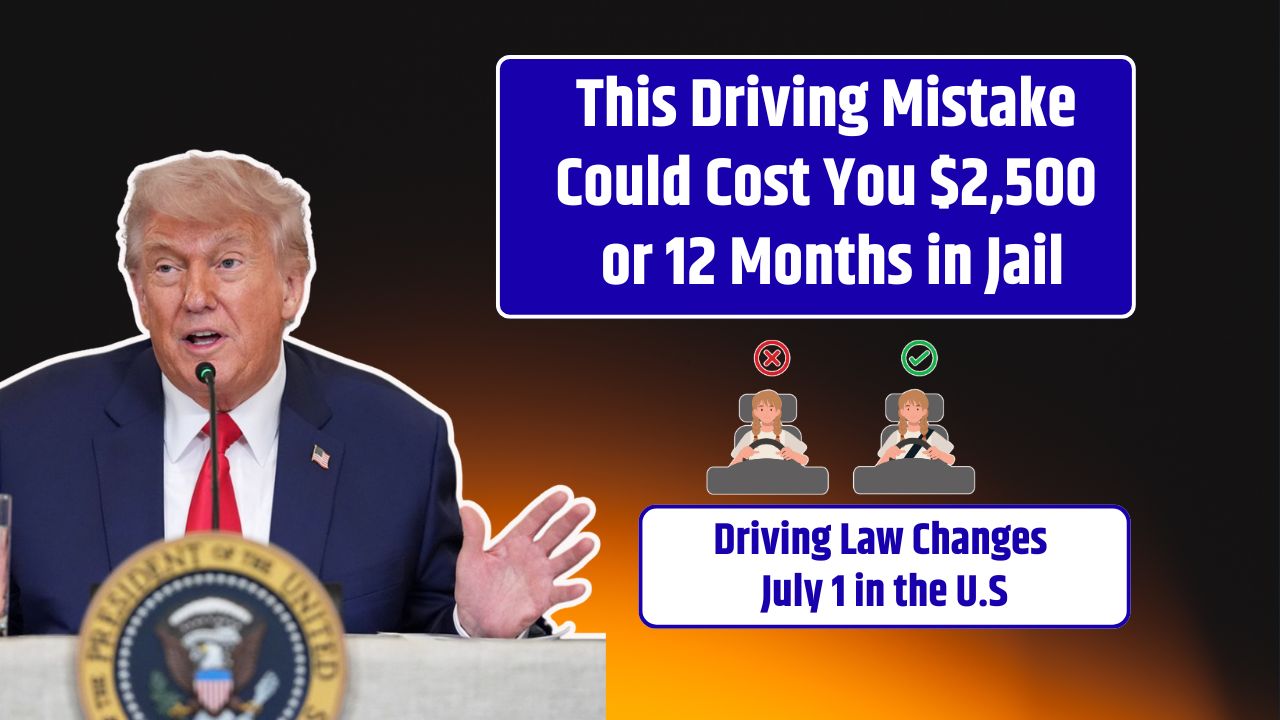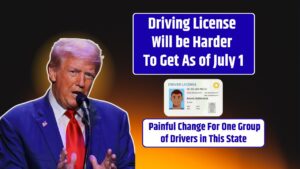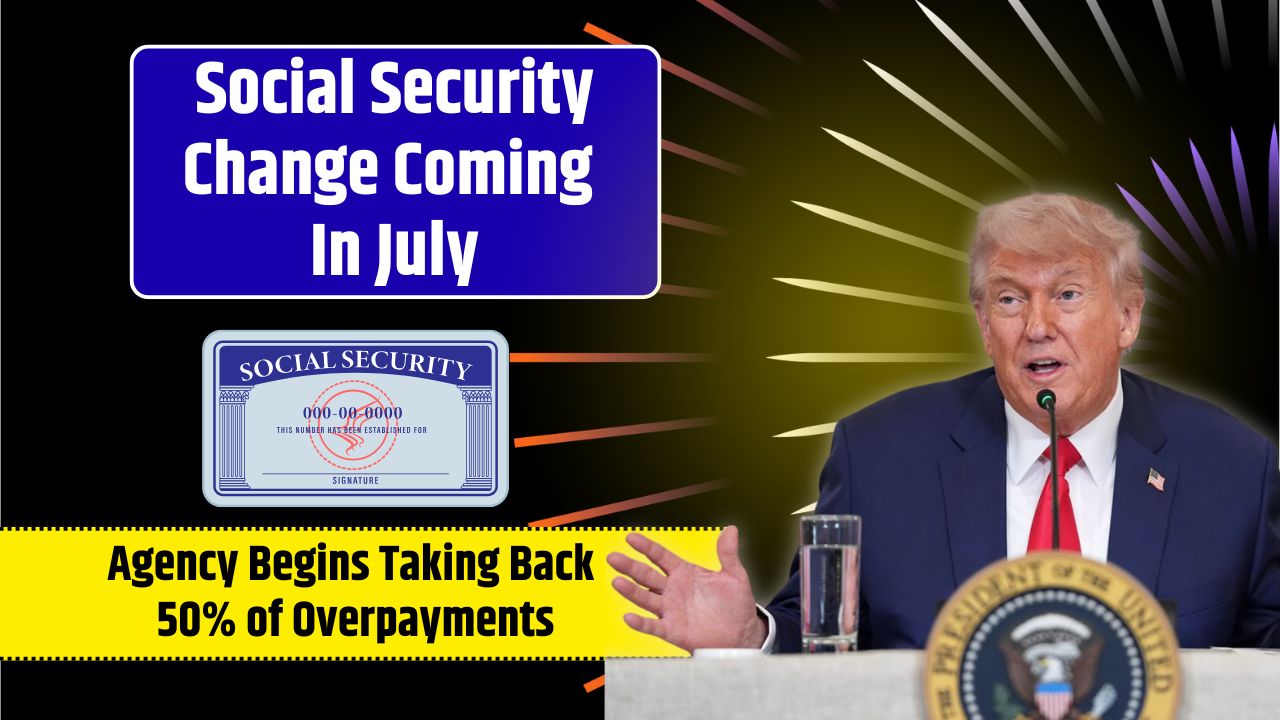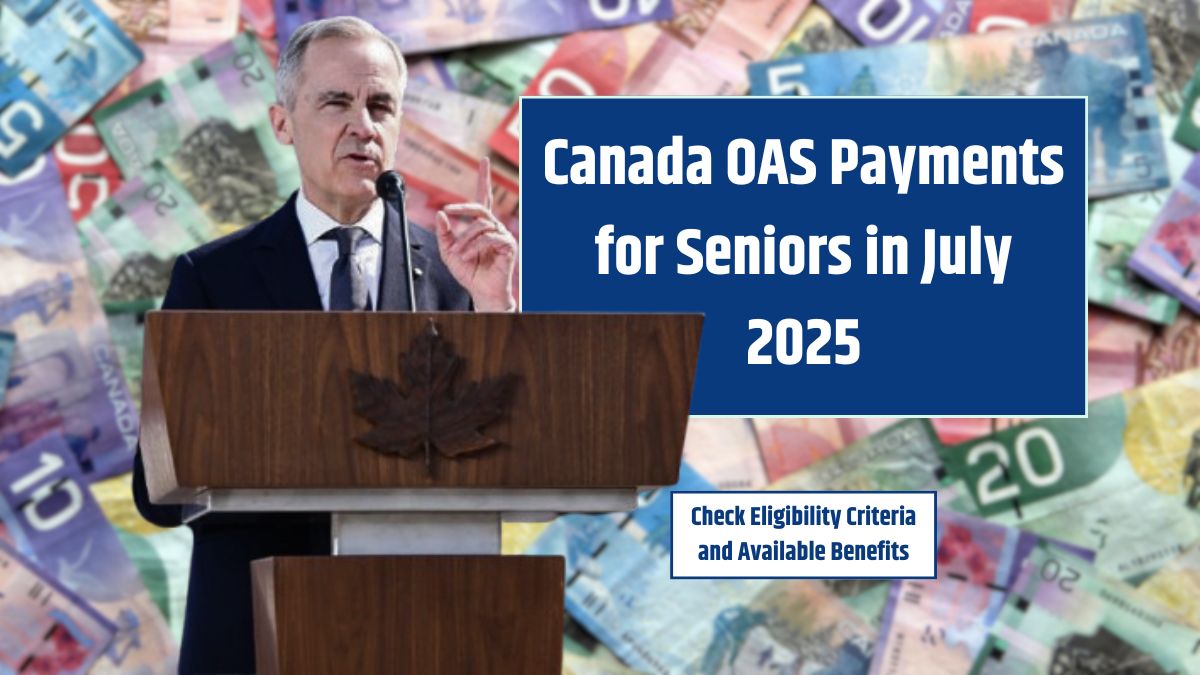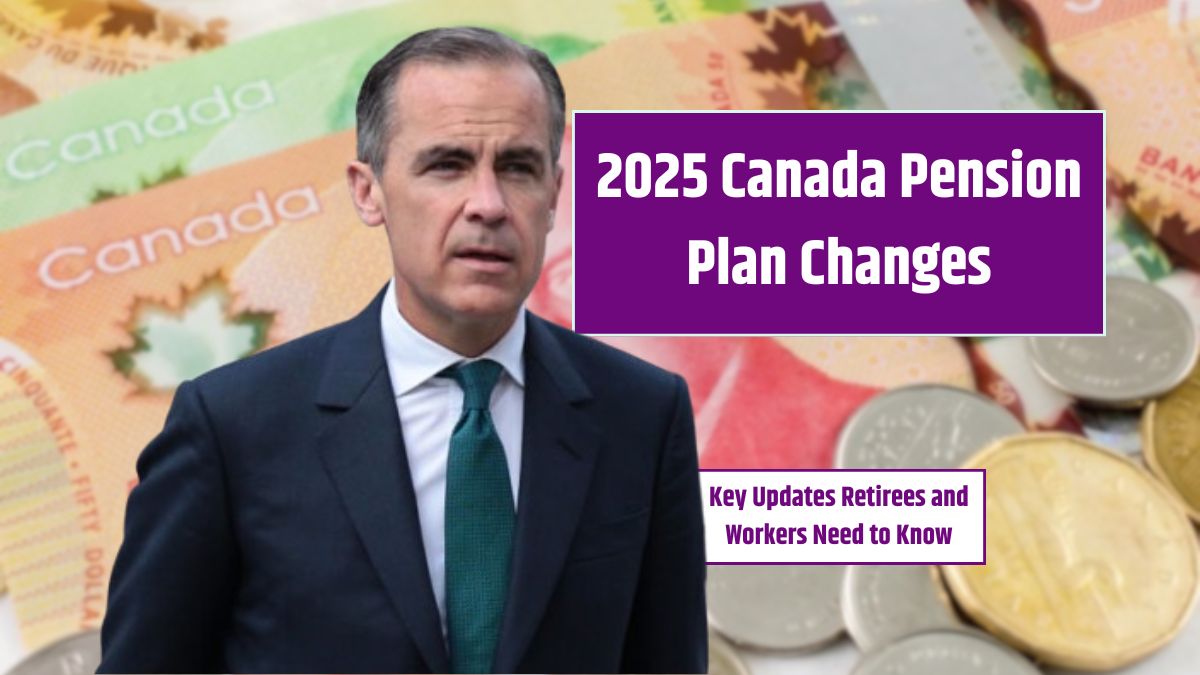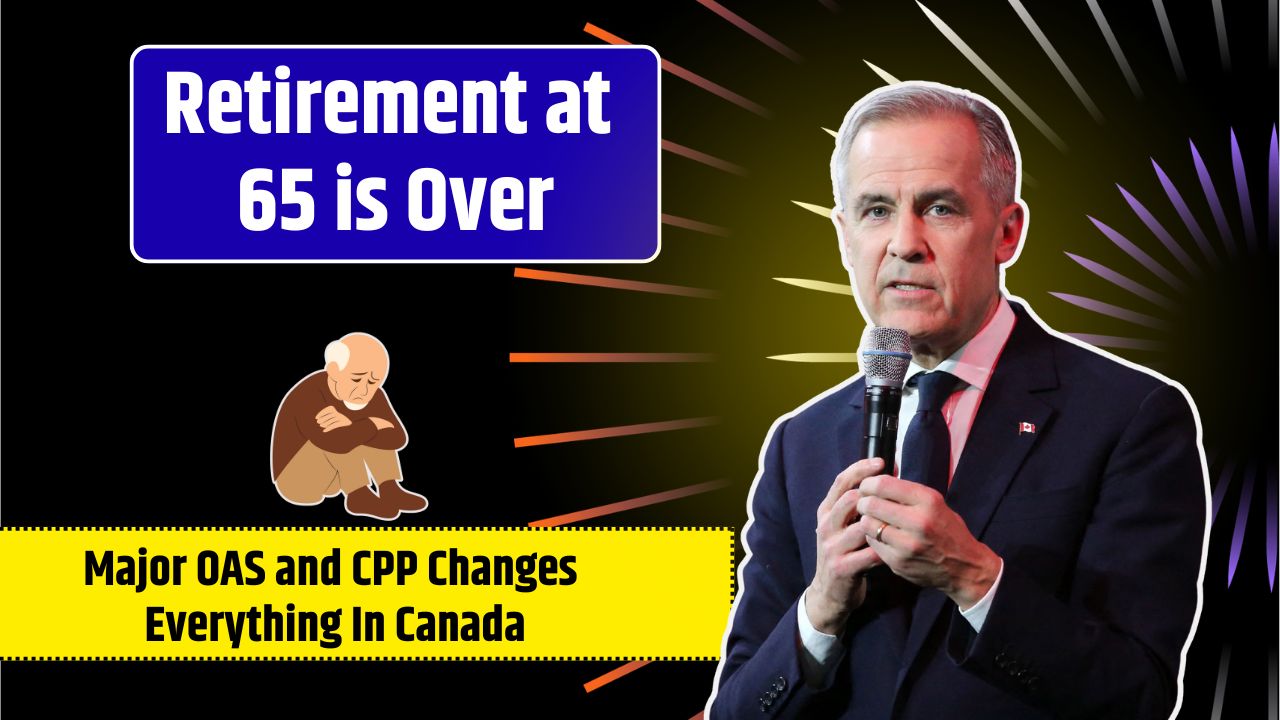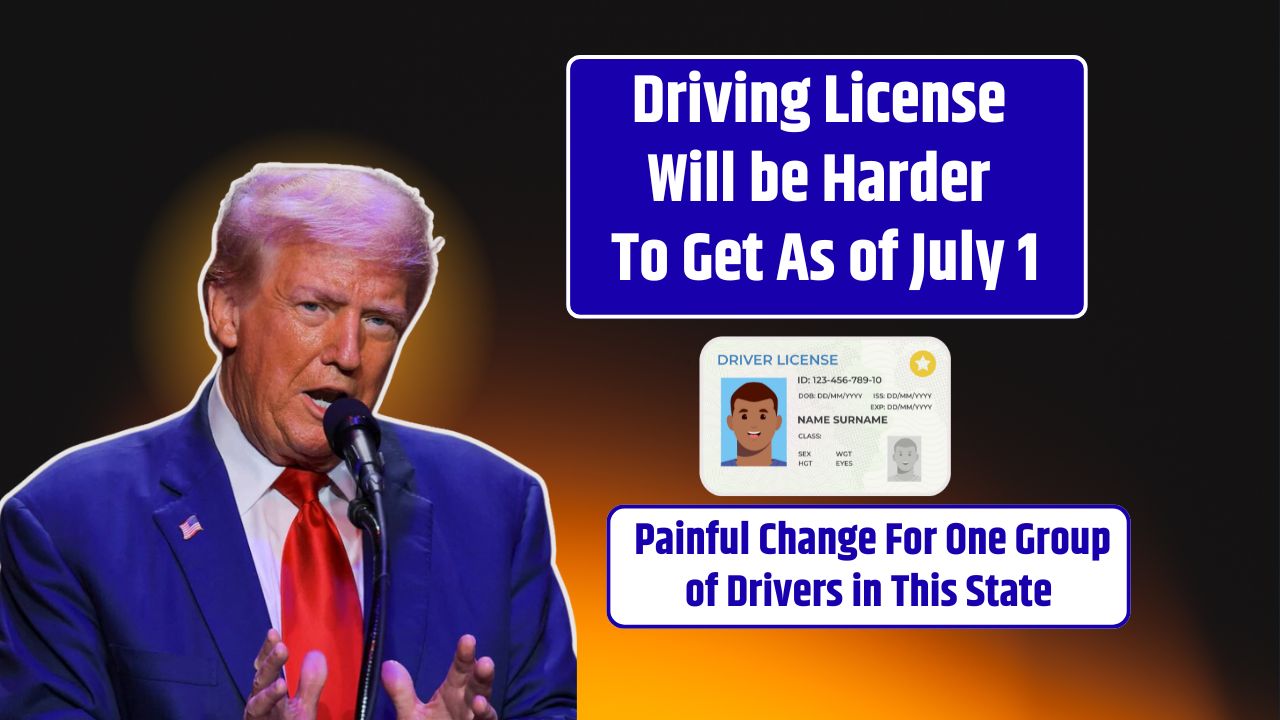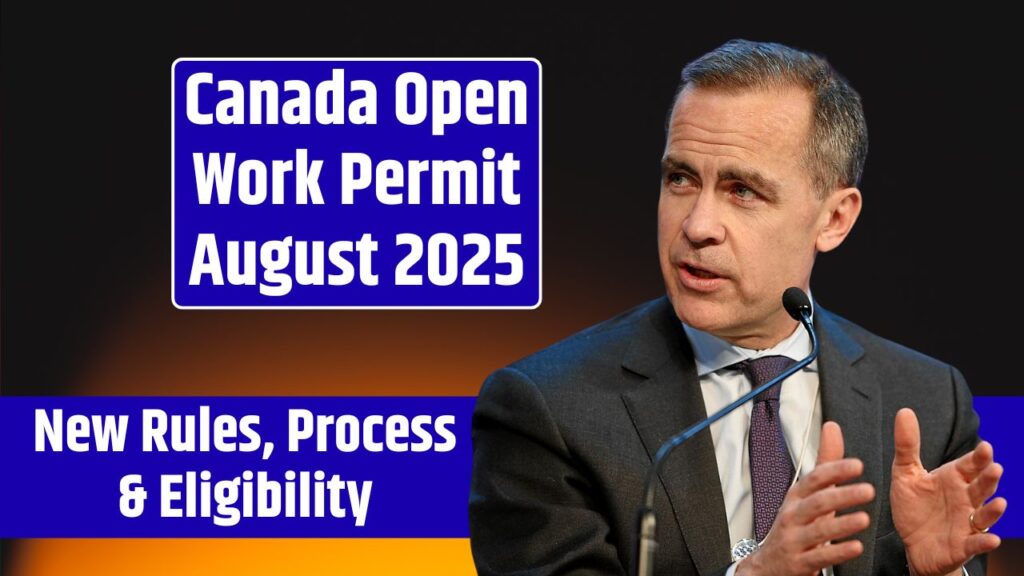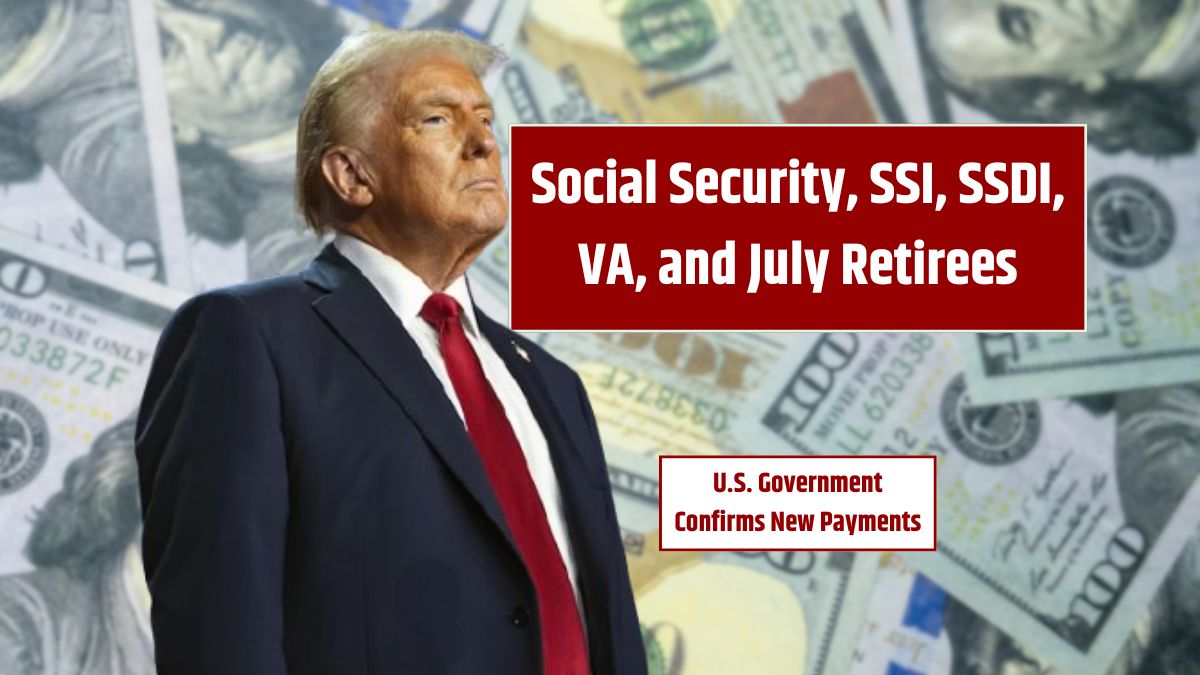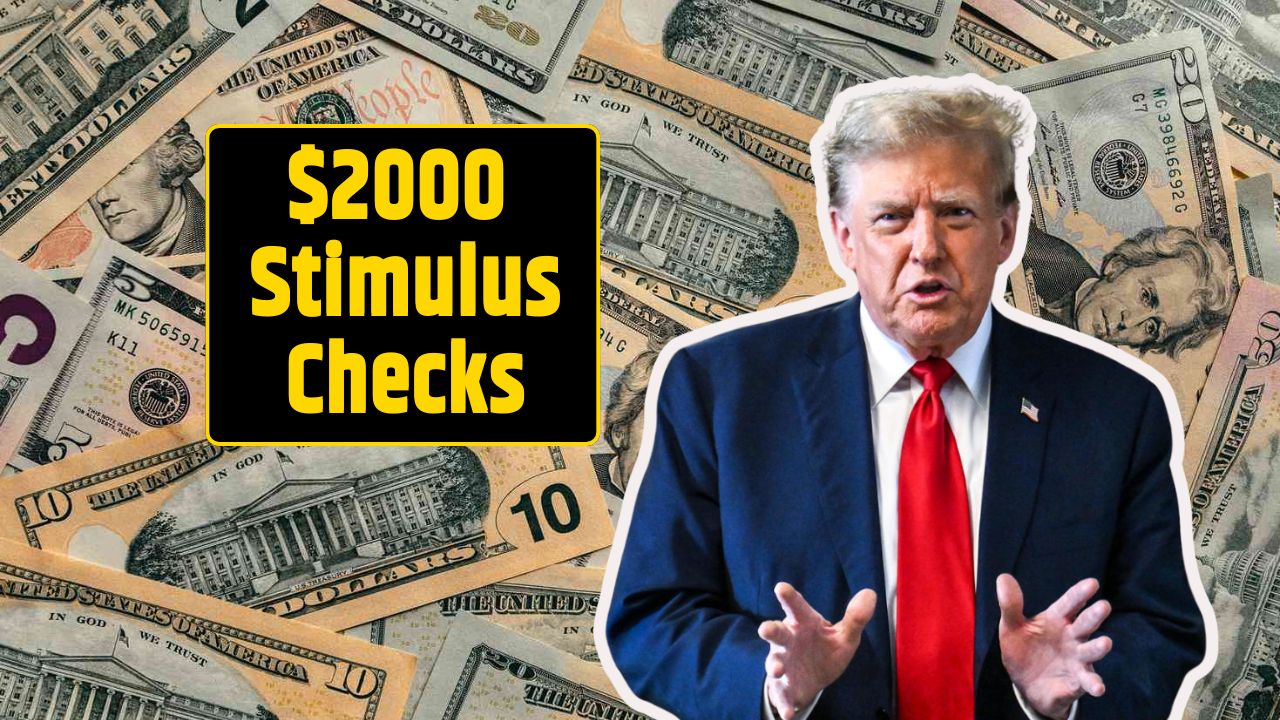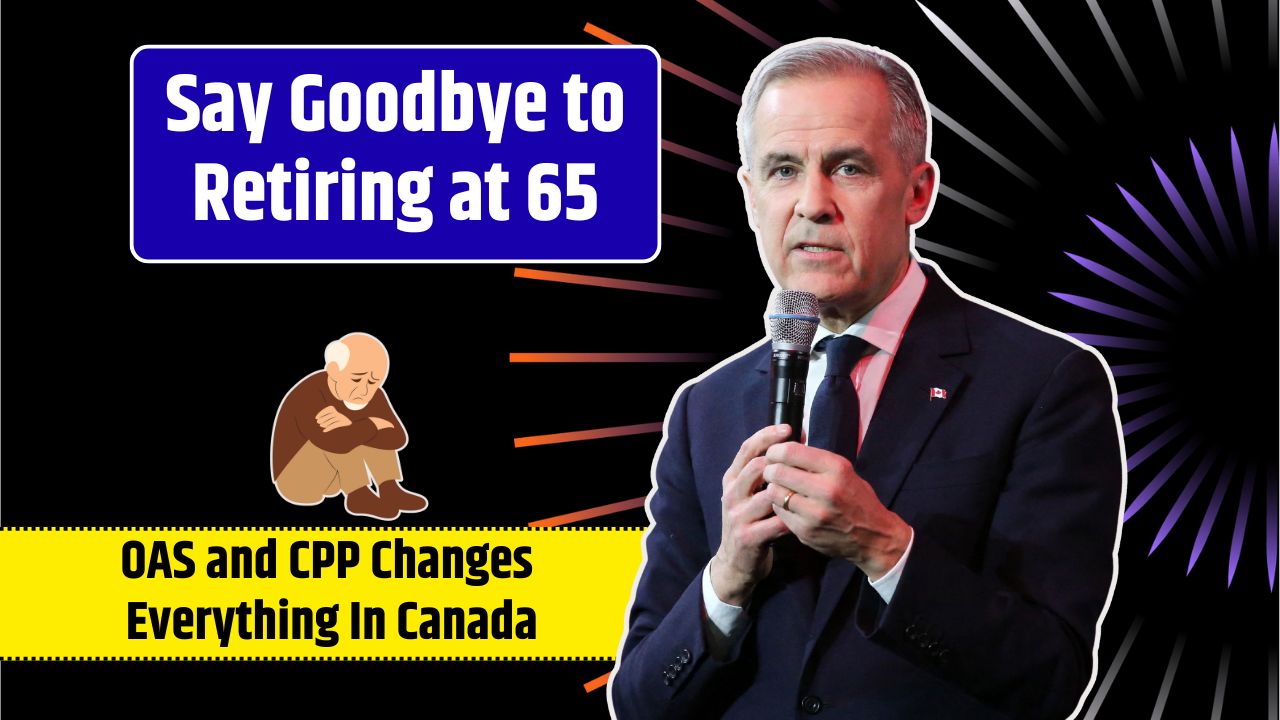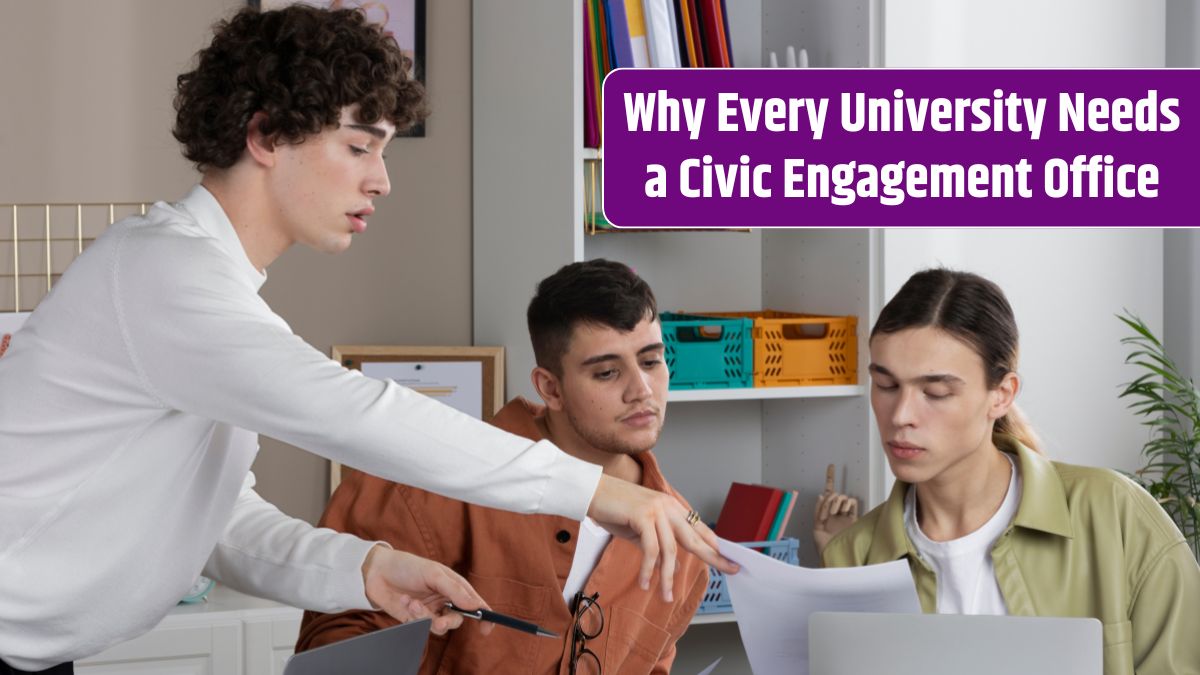Starting July 1, Virginia will roll out new traffic laws that dramatically tighten the rules for underage drivers—and the adults who enable them.
Spurred by a tragic accident involving a minor behind the wheel, the legislation targets both drivers and vehicle owners, holding them criminally liable for allowing unlicensed minors to operate a vehicle. This new law marks a significant shift in how responsibility is enforced on the road, especially when it comes to teenage drivers.
Table of Contents
Virginia’s New Law on Underage Driving
In January, Virginia lawmakers passed a bill designed to prevent minors from getting behind the wheel without a license. The law introduces harsher penalties for violators, including fines of up to $2,500 and even potential jail time.
What makes this law stand out is its reach—it doesn’t just apply to the underage driver. The owner of the vehicle, even if not present at the time of the offense, can be held fully accountable.
If an adult knowingly allows a minor without a valid license to drive their car, they could face a Class 1 misdemeanor, and in certain cases, even a Class 1 felony. This legal classification brings with it the potential for serious consequences, including a criminal record and imprisonment.
| Violation | Penalty |
|---|---|
| Allowing an unlicensed minor to drive | Up to $2,500 fine + jail time |
| Repeated or serious offenses | Class 1 felony charges |
Why the Law Was Passed
The driving force behind this law is both preventative and personal. Delegate W. Chad Green described it as “another tool that law enforcement will have to hold parents accountable.” The goal is not only to deter unsafe driving but also to ensure that adults take their responsibilities seriously when handing over car keys.
A tragic incident in 2019 underscored the need for such a law. Joseph Conner Williams Guido, known to loved ones as “Gweedo,” lost his life in an accident involving an underage, unlicensed driver. His mother, Tammy McGee, turned her grief into action. She founded the Gweedo Memorial Foundation, which advocates for enhanced driver’s education and road safety among teens.
McGee has been a powerful advocate in legislative circles, helping to pass earlier laws requiring parental involvement in teen driving education. Her latest efforts contributed to the passage of this new law, which emphasizes not just penalties but also practical training for young drivers.
More Than Just Driving: Additional Safety Laws
Alongside the underage driving bill, Virginia lawmakers also approved two more public safety laws. These focus on broader community threats and criminal mischief:
- Class 5 Felonies: These include making threats related to shootings, bombings, or acts of public violence, as well as inciting public panic.
- Class 6 Felonies: Cover offenses like mail theft, fraud, or tampering.
Both of these laws aim to strengthen safety and accountability on public streets, reflecting a growing legislative push for community protection through stronger enforcement.
| Class | Example Offenses | Potential Penalty |
|---|---|---|
| Class 5 Felony | Bomb threats, inciting violence | 1–10 years imprisonment |
| Class 6 Felony | Mail fraud, tampering, petty theft | Up to 5 years imprisonment |
Holding Adults Accountable
At its core, this law is about responsibility. By punishing not only the unlicensed drivers but also the adults who let it happen, Virginia sends a clear message: safety starts at home. It’s not just about deterring bad behavior—it’s about fostering a culture of accountability and awareness. The hope is that by enforcing stricter rules, tragic outcomes like Joseph Guido’s death can be prevented in the future.
These changes also put a spotlight on community involvement, including anonymous reporting systems and educational resources for parents and teens. Organizations like the Gweedo Memorial Foundation continue to play a vital role in shaping the conversation around teen driving safety.
FAQs:
What is the penalty for letting a minor drive in Virginia without a license?
Vehicle owners may face fines up to $2,500 and potentially jail time. In serious cases, it could lead to felony charges.
Who is liable under the new law?
Both the underage, unlicensed driver and the vehicle owner—regardless of whether the owner was present during the offense.
What inspired this new regulation?
The law was driven by the fatal 2019 crash involving a minor and Joseph Guido. His mother advocated for change through legislative channels.

